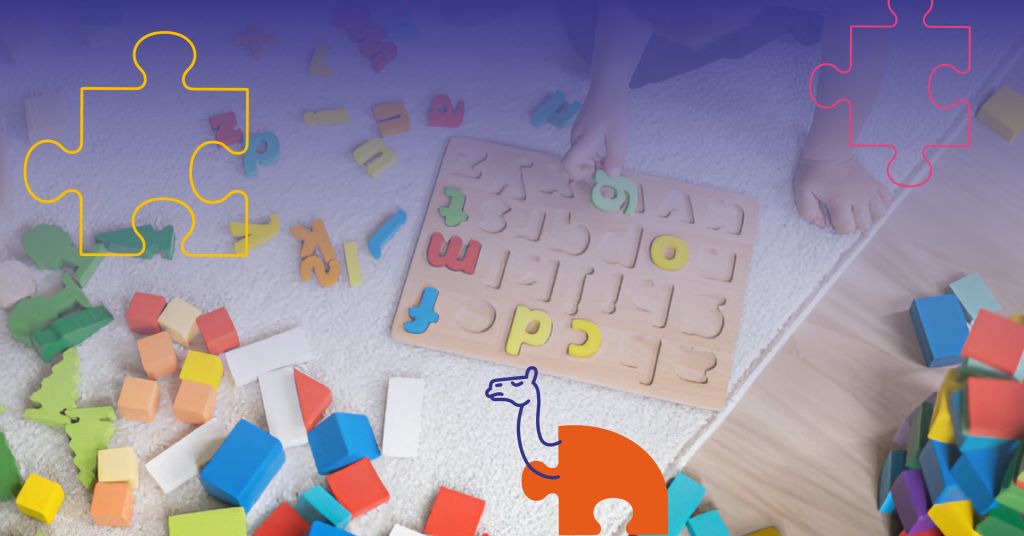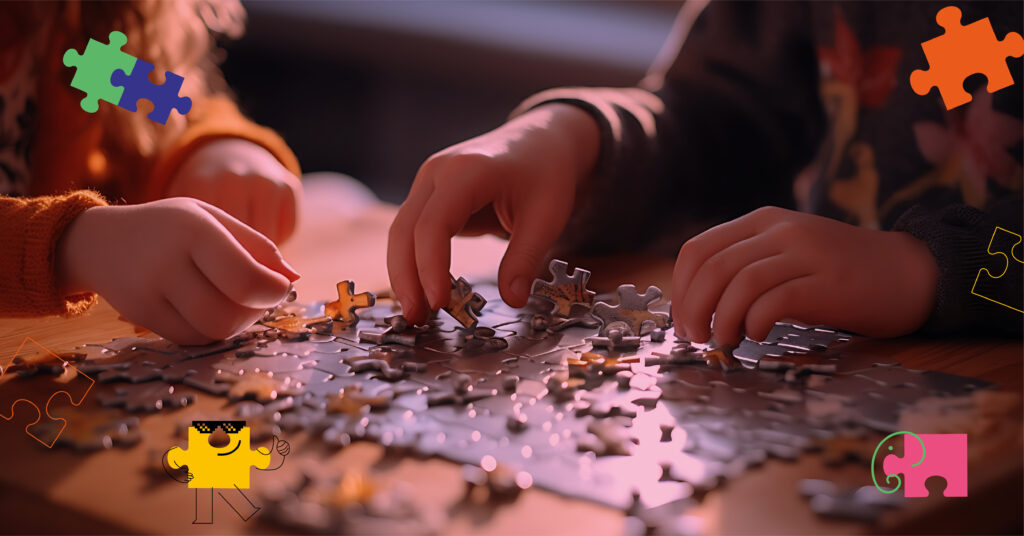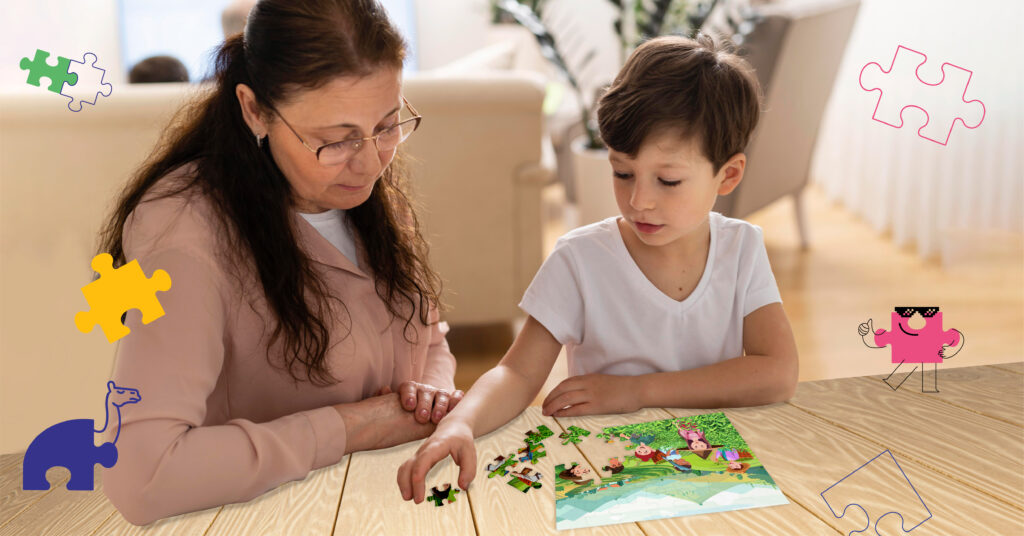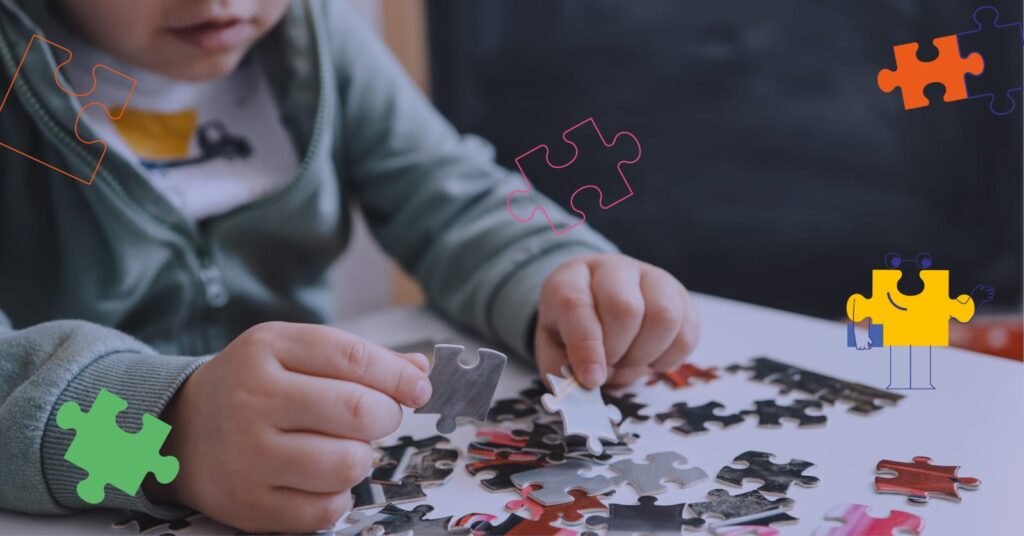In today’s digital age, parents often find themselves grappling with the challenge of managing their children’s screen time. With an array of digital devices at their disposal, kids can easily spend hours glued to screens, which can have detrimental effects on their physical, emotional, and cognitive development. One effective way to counteract this trend is by introducing children to jigsaw puzzles. Puzzle games for kids are not only entertaining but also promote healthy play and offer numerous developmental benefits.
The Allure of Jigsaw Puzzles for Kids
Jigsaw puzzles for kids have stood the test of time as a favorite pastime. Their appeal lies in the balance of challenge and enjoyment they offer. Unlike passive screen activities, puzzles require active engagement. When children sit down to work on a puzzle, they become little problem-solvers, using their brains and hands in tandem.
Puzzles come in various themes and difficulty levels, making them suitable for children of all ages. From simple puzzles with large pieces for toddlers to complex ones for older children, there’s a puzzle for every developmental stage. This adaptability is what makes jigsaw puzzles for kids an excellent tool for reducing screen time.
The Benefits of Puzzle Games for Kids
Cognitive Development
Puzzle games for kids are a fantastic way to enhance cognitive skills. They improve memory, concentration, and problem-solving abilities. As children try to fit pieces together, they develop spatial awareness and learn to recognize patterns. This cognitive exercise is far more beneficial than the passive consumption of content on screens.
Fine Motor Skills
Handling puzzle pieces helps children develop fine motor skills and hand-eye coordination. These skills are crucial for writing and other daily tasks. The physical act of manipulating pieces is an engaging way to strengthen these abilities.
Emotional Growth
Completing a puzzle can be a significant confidence booster for kids. The sense of accomplishment they feel when they place the final piece correctly is unmatched. This boost in self-esteem encourages them to tackle more challenging puzzles, fostering a growth mindset.
Social Interaction
Puzzles can be a solitary activity, but they also lend themselves well to group play. Working on a puzzle with family members or friends promotes teamwork and communication. It’s an excellent way for children to learn to collaborate and share, which are vital social skills.
Reducing Screen Time with Healthy Play
One of the main concerns with excessive screen time is its impact on physical health. Prolonged periods of inactivity can lead to obesity and other health issues. Puzzle games for kids encourage them to move away from screens and engage in a physically and mentally stimulating activity.
Healthy play, which includes activities like puzzling, is essential for balanced development. When children engage in healthy play, they not only exercise their bodies but also their minds. This holistic approach to playtime is what makes jigsaw puzzles such a valuable tool in reducing screen time.
Also Read : Educational Benefits of Jigsaw Puzzles
Strategies for Encouraging Puzzling Over Screens
Create a Puzzle-Friendly Environment
Designate a specific area in your home for puzzles. A dedicated space with a variety of puzzles easily accessible can encourage children to choose puzzling over screen time.
Incorporate Puzzles into Daily Routine
Set aside a particular time each day for puzzle play. This can be during a quiet afternoon or as a family activity in the evening. Consistency helps in forming habits.
Reward System
Introduce a reward system where completing puzzles can earn children screen time. This not only motivates them to engage with puzzles but also helps regulate their screen usage.
Lead by Example
Children often mimic their parents. If they see you enjoying puzzles, they’re more likely to take an interest in them. Make puzzling a family activity where everyone participates.
Educational Puzzles
Choose puzzles that are not only fun but also educational. Puzzles featuring maps, animals, or historical events can be both entertaining and informative, adding an extra layer of value to the activity.
In conclusion, jigsaw puzzles for kids are more than just a toy — they are a powerful tool for promoting healthy play and reducing screen time. By engaging children in puzzle games, we can foster their cognitive, emotional, and social development while steering them away from excessive screen use. As parents and caregivers, it’s crucial to provide alternatives that are both enjoyable and beneficial, and puzzles perfectly fit the bill. Embrace the charm of puzzling, and watch your children thrive in a balanced, screen-free environment.



